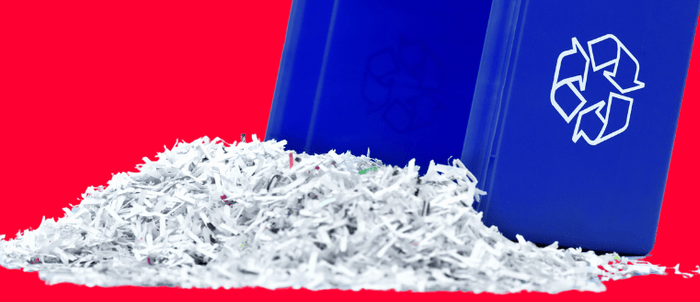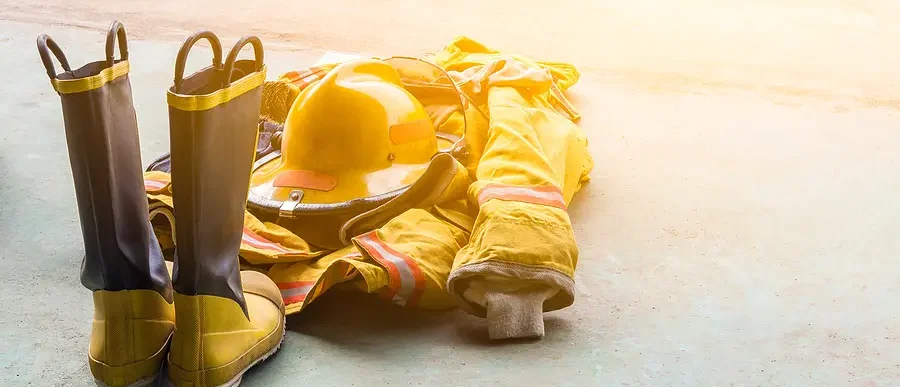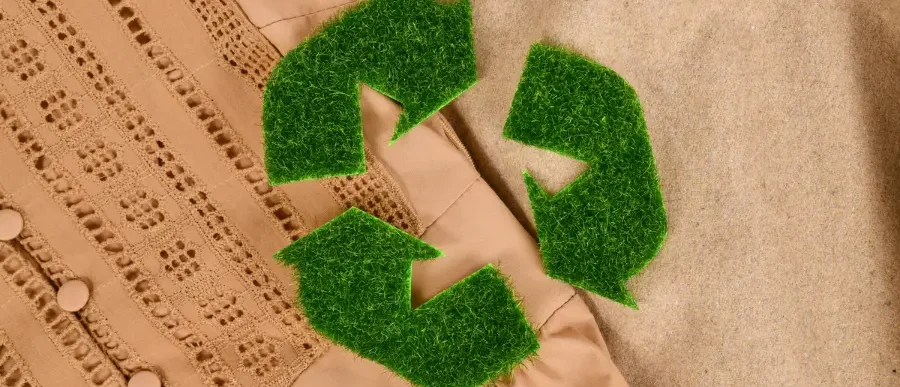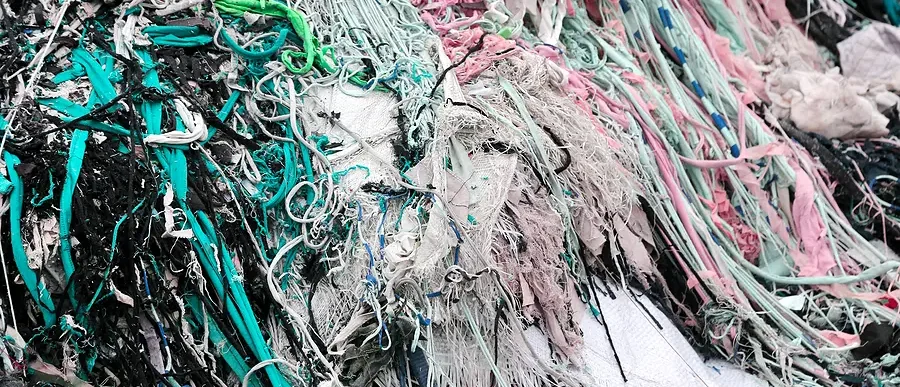
The main source of textile waste is discarded clothing, but there are many other sources including carpets, bedding, and towels. Americans put 21 billion pounds of textile waste in landfills each year. Changing trends, online shopping, fast fashion, and consumer culture contribute to the exponential rise of this kind of waste.
Since textiles are often necessary items, it can be difficult to reduce your waste. Below, we will take a closer look at the effects of textile waste and sustainable options that keep textiles out of our landfills.
What are Textiles?
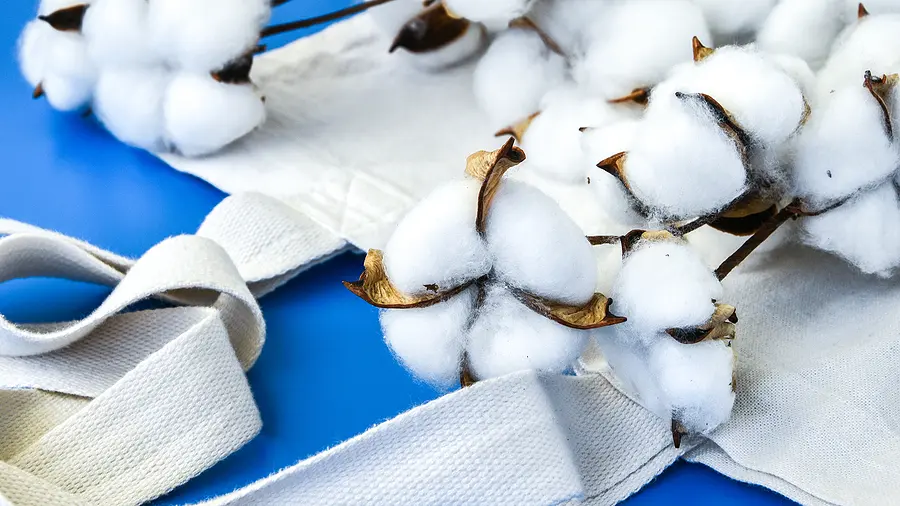
Textiles are materials that consist of interlacing fibers. We create them by processing, weaving, or knotting natural and synthetic fibers. Natural fibers include cotton, hemp, flax, wool, silk, and others. Popular synthetics include rayon, polyester, nylon, and spandex. Furthermore, textile waste comes from raw materials and manufactured goods.
Types of Textile Waste
Pre-Consumer Waste
Pre-consumer, raw materials are fabrics that we produce but never use. We often refer this to as “deadstock.” However, it is cheaper for manufacturers to overproduce than underproduce, resulting in mass production and lots of waste. Damaged fabrics, rejected colors, and fabric cuts would also fall into this category.
Post-Consumer Waste
Finished goods the consumer discards are categorized as post-consumer waste. It includes many products including clothing, footwear, blankets, curtains, mattresses, cushions, cleaning materials, sports equipment, and much more. Currently, only 15% of post-consumer textile waste is donated or recycled. The rest goes to landfills.
Why is Textile Waste Concerning?
Textile waste is a growing challenge globally. An estimated 92 million tons of textile waste is created worldwide annually and that number is only increasing. On top of that, textile production uses nearly 800 billion gallons of water annually and accounts for 20 percent of industrial water pollution.
The negative environmental impact, increasing landfill volume, and waste of unused textiles are not only bad for the planet but also bad for business.
How to Reduce Textile Waste
We need to combat textile waste from both the manufacturing and consumer sides of the industry.
Pre-consumer Waste Reduction
Businesses can make improvements in the supply chain with tracking and analytics to find waste and give themselves a chance to reuse, resell, or recycle textiles responsibly. Product destruction and recycling services are available to safely dispose of products that they cannot return to the marketplace.
Custom production and direct-to-consumer business models could also reduce waste. New developments in creating biodegradable textiles from fruit fibers also look promising for future production.
Post-consumer Waste Reduction
Consumers should invest in “slow fashion” clothing made to be durable, long-lasting, and sustainable. Shifting the market away from “fast fashion” would shift the industry to participate in more sustainable practices. Thrifting, repairing, and donating items will also extend the life of textiles and keep them out of landfills. Textile recycling options are also available for individuals.
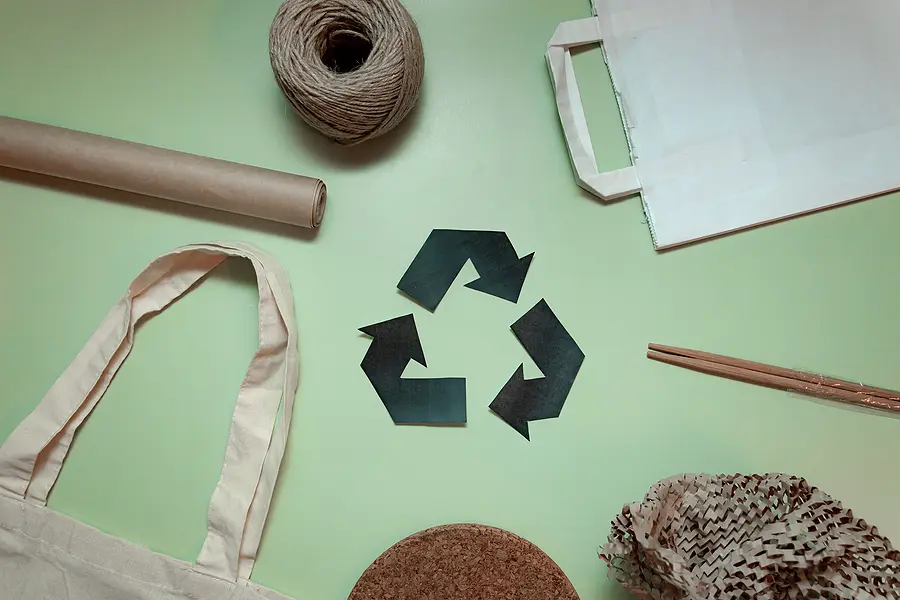
Textile Recycling
Most textiles are completely recyclable. It involves bringing the textile back to its original form and stripping the material down to the raw fiber.
Here’s how it works:
- Textiles are sorted by material and color.
- Materials are processed to pull or shred them into raw fibers.
- Fibers are cleaned and re-spun into new textiles. They can be made into rags, carpets, garments, insulation, and many other products.
Recycling textiles can greatly reduce waste and contribute to the health and sustainability of our planet.
Find Textile Recycling Services with Shred Nations
Find recycling services near you with Shred Nations. Give us a call at (800) 747-3365 or fill out the form to learn more. We will instantly connect you with recycling providers in your area and send you free quotes on the services you need.






